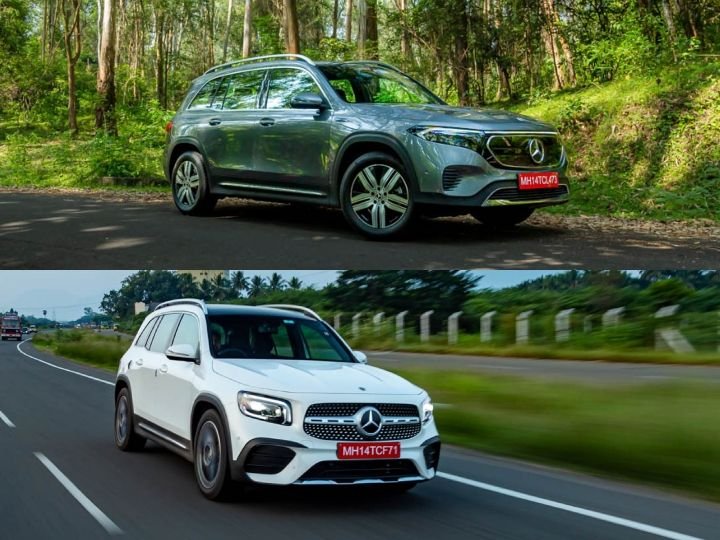Due to the current EV slowdown, automakers are now required to modify their approach and adopt a new perspective on EVs. It appears that combustion engine cars like Mercedes-Benz’s are here to stay, despite a number of obstacles that are reducing EV sales and delaying EV adoption.
Mercedes-Benz will continue to increase its EV line and will not be switching to all EV vehicles by 2030, despite a slowing in the pace of EV sales. The automaker still plans to sell combustion-engine vehicles, with only 50% of sales expected to come from EVs worldwide. The automaker will prioritize gasoline-powered vehicles as well as electrified hybrids in addition to EVs.
This change is the result of lower-than-expected growth in EV sales in certain markets, including Europe. EV sales remain a small portion of the market in both Europe and the US, and it is evident that demand is waning as a result of worries about battery costs, infrastructure for charging, and other issues. Hybrid sales have increased in the meantime, indicating that gasoline-powered electric vehicles are the shift’s main driver as range and charging infrastructure continue to be the key obstacles to EV adoption.

What is Mercedes-Benz saying?
Until well into the 2030s, according to Mercedes-Benz, “the company plans to be in a position to cater to different customer needs, whether it’s an all-electric drivetrain or an electrified combustion engine.” It implies that combustion engine cars will not become obsolete very soon. Having said that, it will still introduce more EVs, including the EQG electric G-Class off-road vehicle and the electric CLA, which will be on sale globally this year.
The scarcity of EV vehicles and worries about charging and range contribute to India’s even lower EV market share. Having said that, demand for EVs has increased over the previous year, and this year will see the arrival of numerous new EVs in India, including ones made by Mercedes-Benz.